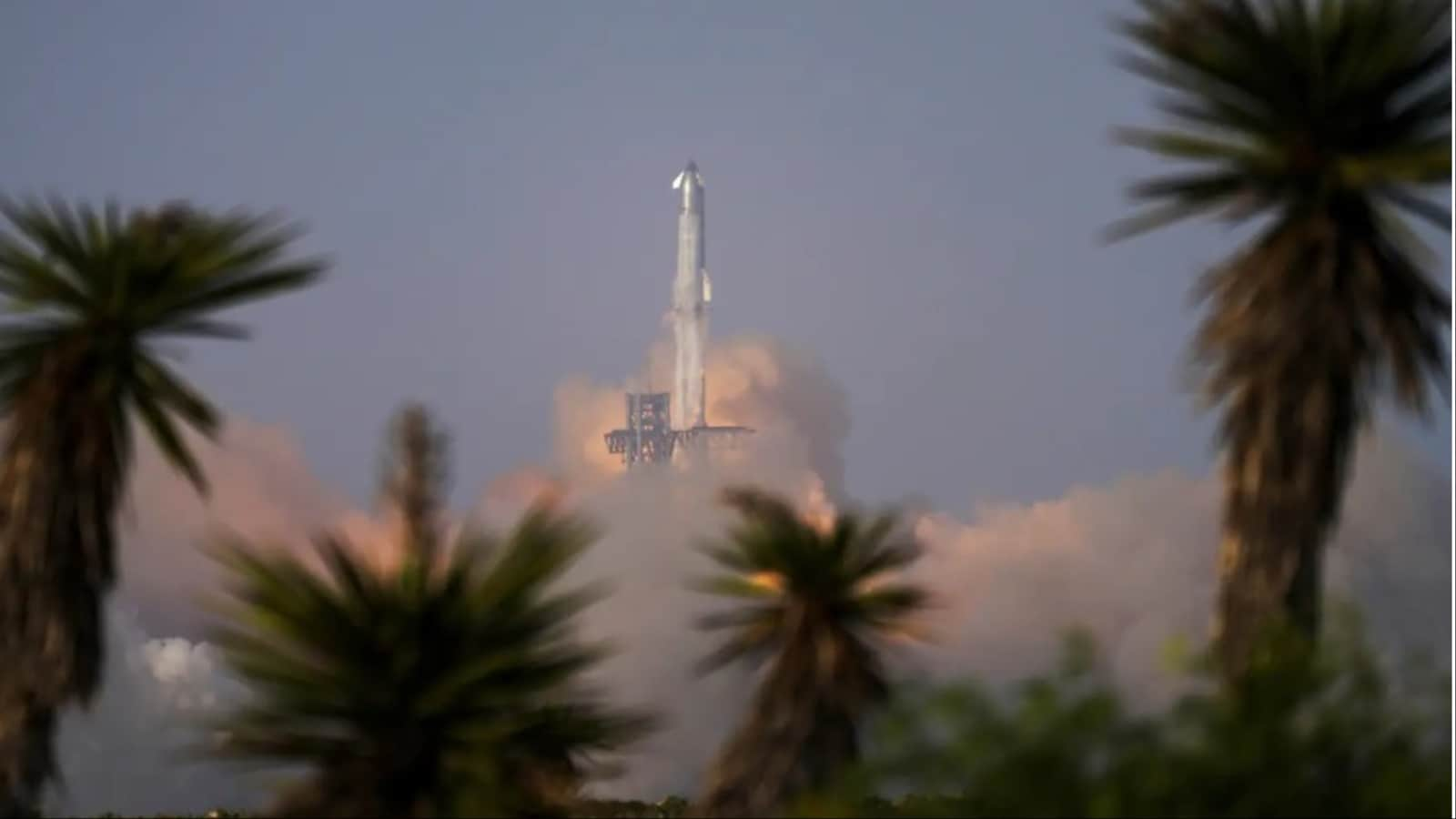ARTICLE AD BOX
Can India assert itself on the world stage — particularly in its dealings with Washington? In an interview with India Today Consulting Editor Rajdeep Sardesai, President of the Eurasia Group and geopolitical analyst Ian Bremmer said that India, under Prime Minister Narendra Modi, still lacks the geopolitical clout to firmly stand up to a transactional Trump-led United States.
“India is not China. India is not the United States. It is geopolitically much weaker,” Bremmer said.
Despite being the world’s most populous nation, the fourth-largest economy, and a nuclear power, India finds itself in a tricky position when engaging with a leader like Trump, who is known to pressures allies with tariffs and threats, Bremmer noted.
“Trump says, ‘I want to work with you, you're part of the QUAD, I like you.’ But then he says, ‘I'm going to hurt Apple if they decide to move their iPhone production from China to India. I'm going to tariff them.’ He says there are going to be trade consequences and other consequences if you don't have a ceasefire with Pakistan,” Bremmer said.
According to Bremmer, powerful countries are able to prioritise their own interests and push back when Trump imposes demands.
“Trump puts major tariffs on China. China puts tariffs back on the United States. Trump says we're going to hurt you. China says, we can take the pain more than you and Trump is the one that blinks,” he said. “When it comes to Russia, so far Trump has been completely unwilling to put tough sanctions on Russia. They continue to engage in their war with impunity in Ukraine.”
In contrast, countries like Mexico, Panama, and Iran have capitulated under Trump’s hectoring.
“Look at the tariffs the Mexicans have immediately moved to do everything he’s demanded on fentanyl, on border security. Look at Panama, how they try to force the sale of the Hong Kong firm to a American firm, take away the fees on American ships... Even the Iranians are much more willing to talk about stopping highly enriched uranium stockpiling,” Bremmer pointed out.
India, he said, has shown signs of both resistance and vulnerability. While it rejected Trump's offer to mediate talks over Kashmir and publicly denied that any foreign power brokered its ceasefire agreement with Pakistan, it still ended up in what Bremmer described as an “uncomfortable position” following Operation Sindoor.
“There’s still a lot of uncertainty about to what extent Indians can and will really stand up to Donald Trump,” he said.
Bremmer praised PM Modi’s ability to shape domestic and foreign policy at will, calling him “the most powerful domestic leader of a major democracy in the world today”. But that may not be enough when it comes to dealing with the Trump administration.
“At a time when other leaders around the world—the Germans, the French, the Japanese, the Americans, the South Koreans—have much more divided governments, much weaker, not lasting for as long, Modi is in a position to do everything he says he's gonna do. He can follow through on it,” he said.
In future, if the US makes demands that India doesn’t like, will it be strong enough to say no? That’s an interesting question, said Bremmer.
Published By:
Devika Bhattacharya
Published On:
Jun 3, 2025
Tune In



.png)
.png)
.png)
















 3 days ago
9
3 days ago
9









 English (US) ·
English (US) ·